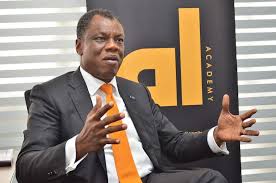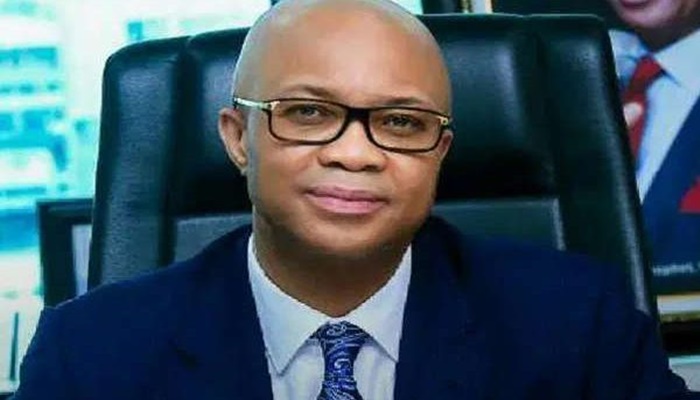

By Sanya Ademiluyi
Nigerians have been reacting angrily to the sudden increase in fuel and electricity prices which have come at almost the same time, creating a ‘double whammy.’ many of them say that given that they are still trying to recover from the economic devastation of covid-19,the Buhari administration’s move giving approval to these price increases at this time ,is insensitive.
On Tuesday, September 1,2020 after several years of ditching, the Buhari administration finally approved the new electricity tariff structure that electricity distribution companies in the country have been clamouring for in the past five years.Then, only few days ago, the Petroleum Products Pricing Regulatory Agency, PPPRA approved a new pricing band for fuel dealers, which raised depot prices to N151.5 per litre from N144 per litre. Several motorists reported that they buy fuel (petrol) for between N155 to N162 per litre round the country.
Matter of fact ,the Independent Petroleum Marketers Association of Nigerian, IPMAN an influential industry group asked its members to sell petrol at not less than N162 per litre.
Opposition People’s Democratic Party, PDP presidential candidate, Atiku Abubakar described the government move as “This increase is ill timed and ill advised” in a tweet yesterday. He said :”I reject the increased electricity tariffs. Coming out of the lockdown, Nigerians need a stimulus, not an impetuous disregard for the challenges they face. Many Nigerians have not earned an income for months due to no fault of theirs.”
But leading economist Bismarck Rewane, who is a member of a presidential Economic Advisory Committee, said that the removal of these subsidies reflect government’s move to solve its money (cash flow) problems, therefore, it is now for the people to see if the money saved by government from the removal of these subsidies on fuel and electricity will be used efficiently to provide social services. According to him, although this would result in a rise in inflation in coming months but this would be moderated as time goes on,” Rewane said in a Channels TV interview, Thursday, September 3.
Online social media are awash with lamentation by Nigerians over the increases in the prices of fuel and electricity – two unavoidable daily energy consumables.The labour unions-Nigerian Labour Congress,NLC and The Trade Union Congress,TUC,are however yet to react to the latest price increases.
The latest fuel price increase has been triggered by the rise in international prices in crude oil which has also been affected by the depreciating value of the US dollar against other major international currencies in recent weeks. Worse, domestically, the national currencies the naira has been falling in value against the US dollar about the same time, in the past two months!
The naira has dropped from N380/US$ in May to N490 /US$ in August ,a difference of at least N110 or 34 per cent increase.This was due to foreign exchange scarcity in the country.
The country’s major source of forex for government activities is crude oil exports but expected revenues have cut short by falling oil prices and OPEC + output quota which has cut the country’s oil output by at least 30 per cent from 2 million barrels per day to 1.3 million b/d.
The country’s debt repayment obligations are also quite huge, taking about 98 per cent of government revenues in April,2020.Cash strapped and running on ‘shoe strings’ revenue,the Buhari administration may simply have had few choices out of its revenue quagmire..
So far,the predominant public mood in the country reads, anger and disappointment with the federal government.









